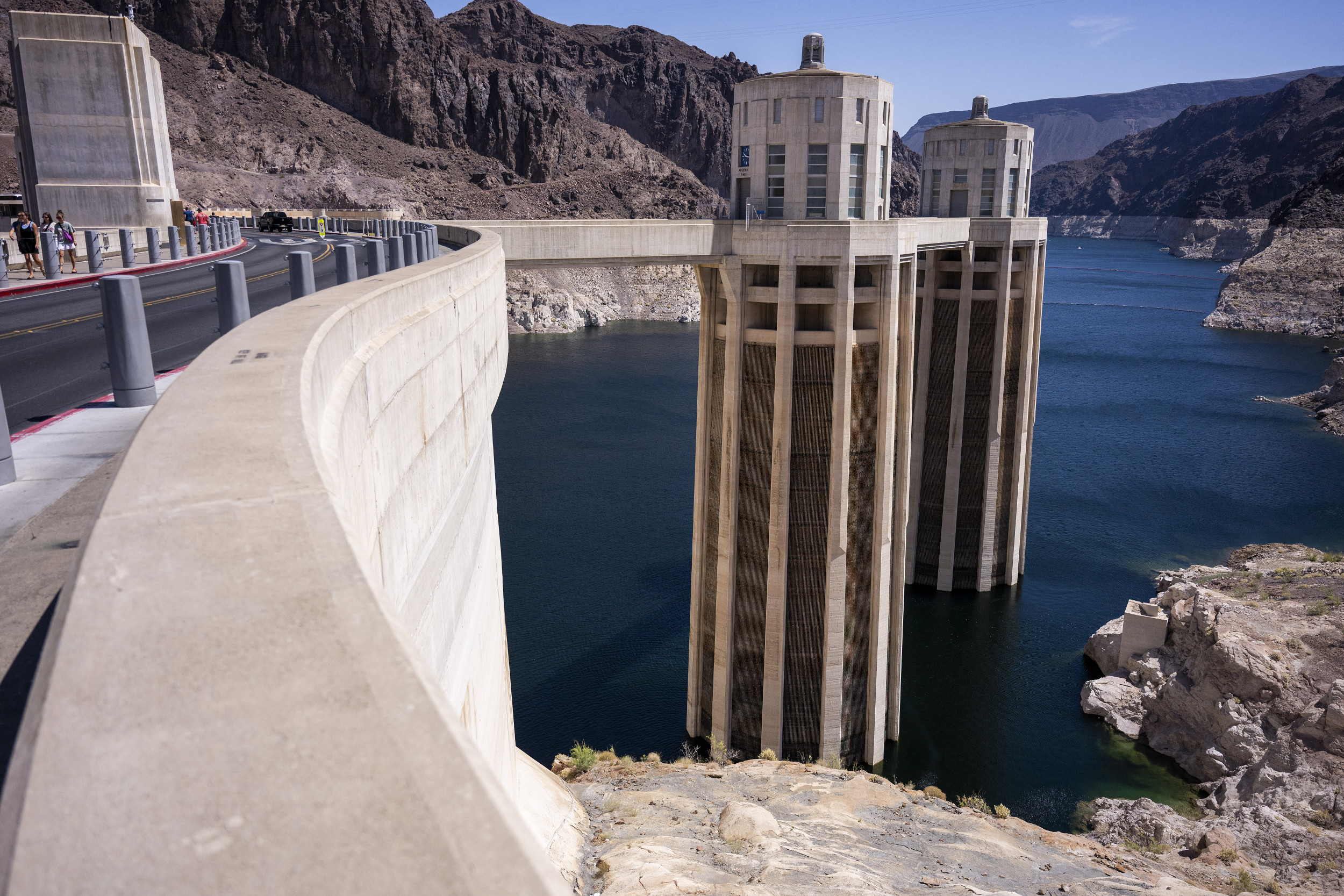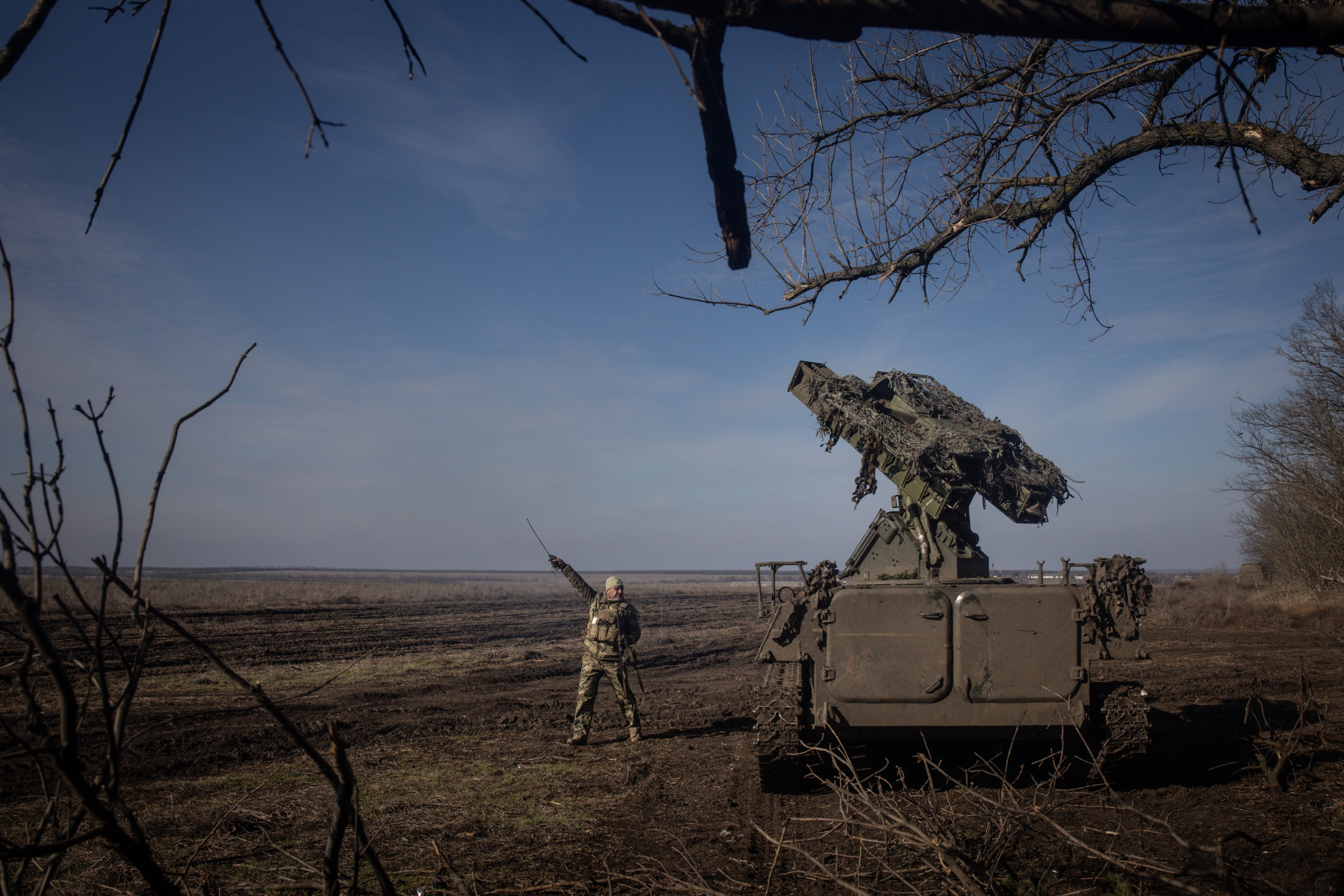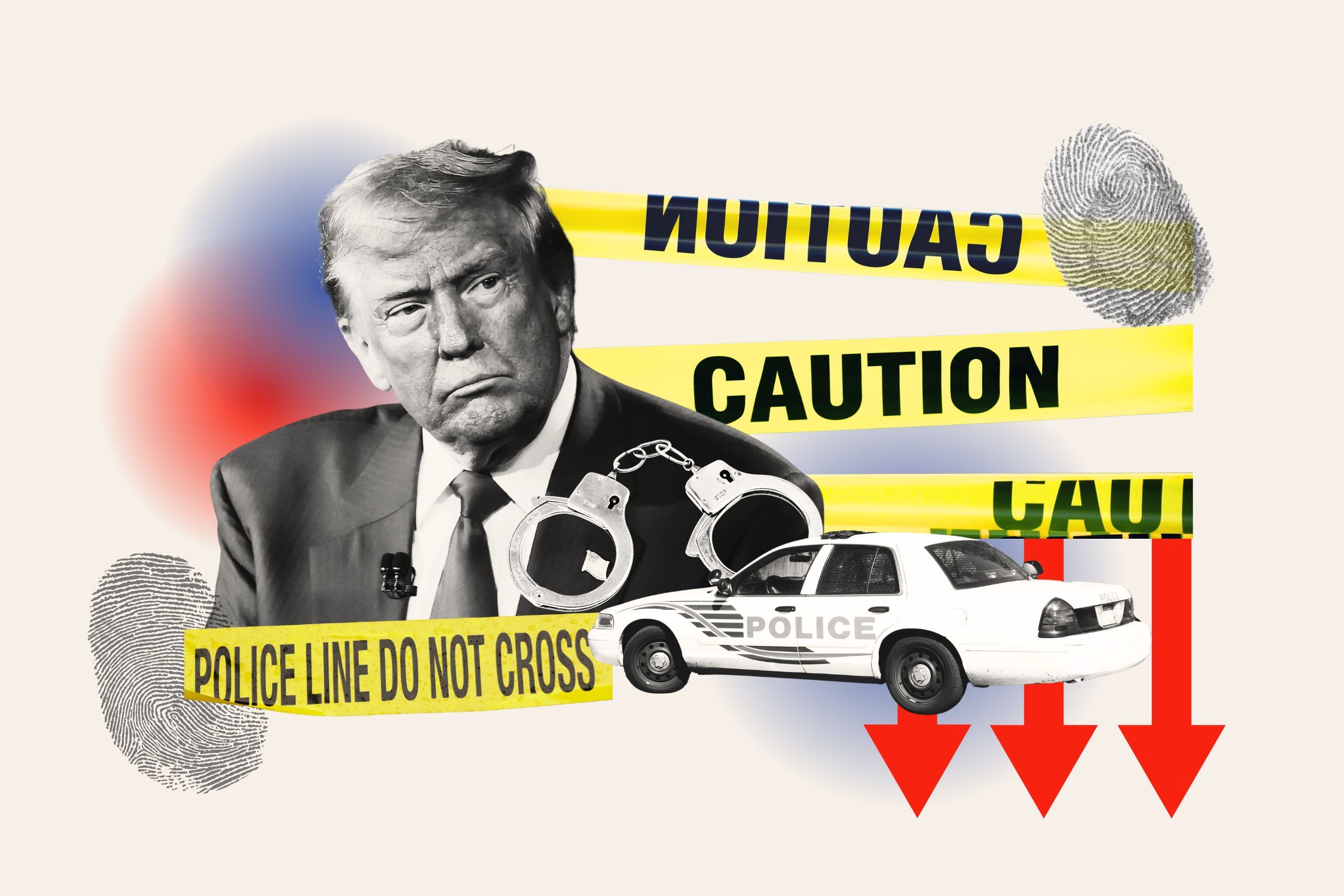The United States military commander in the Indo-Pacific region said his forces "must be ready" after China conducted the largest invasion rehearsal around Taiwan in his career.
Admiral Samuel Paparo, the head of the U.S. Indo-Pacific Command, said on Tuesday at the Brookings Institution in Washington, D.C., that he saw "the most rehearsal and the most joint exercises" from China over the summer that "I'd seen over an entire career of being an observer."
"This included on one particular day 152 vessels at sea," Paparo added. China's navy is the largest in the world with over 370 ships and submarines, while the U.S. Navy has a battle force of 295 vessels, including the world's largest aircraft-carrier fleet, with 11 in service. Newsweek has contacted China's defense and foreign ministries for comment via email.
"This was the largest rehearsal we've seen on an upward trajectory of PLA [People's Liberation Army] modernization," Paparo said, using the Chinese military's official name.
The Chinese military held two large drills around Taiwan, a self-ruled island that Beijing views as its own, in May and October, testing its ability to seize power; perform blockades on key ports and areas; occupy and control key areas; as well as make assaults on sea and land targets.
Paparo's predecessor, Admiral John Aquilino, has warned that China is working toward being able to take Taiwan by 2027. The Chinese military responded by claiming that it is "always ready" on the issue of defending national sovereignty and territorial integrity.
"The closer we get to it, the less relevant that date is," Paparo said. "We must be ready today, tomorrow, next month, next year, and onwards." It is his responsibility to prepare forces under his command for being ready to respond every single day, the admiral added.
While respecting China's capabilities to conduct operations in the Western Pacific Ocean, Paparo added that a cross-strait invasion executed by the Chinese military would be "exceedingly difficult" given the advantages of the U.S. and allies. However, he did not elaborate.

The 110-mile-wide Taiwan Strait lies between mainland China to the west and Taiwan to the east. The U.S. military has routinely operated in the strait, showing support to Taiwan, while Beijing has declared its sovereignty and jurisdiction over the international waterway.
The admiral oversees U.S. military forces in an area spanning from the U.S. West Coast to the western border of India, as well as from the Antarctica to the North Pole. This includes potential conflict hotspots involving China, like the South China Sea and the Taiwan Strait.
The Pentagon has long viewed the Indo-Pacific as its priority theater, where China is the pacing challenge. Paparo said the region is the "most stressing theater" for the quantity and quality of munitions because China is the most capable potential adversary in the world.




















 English (US) ·
English (US) ·